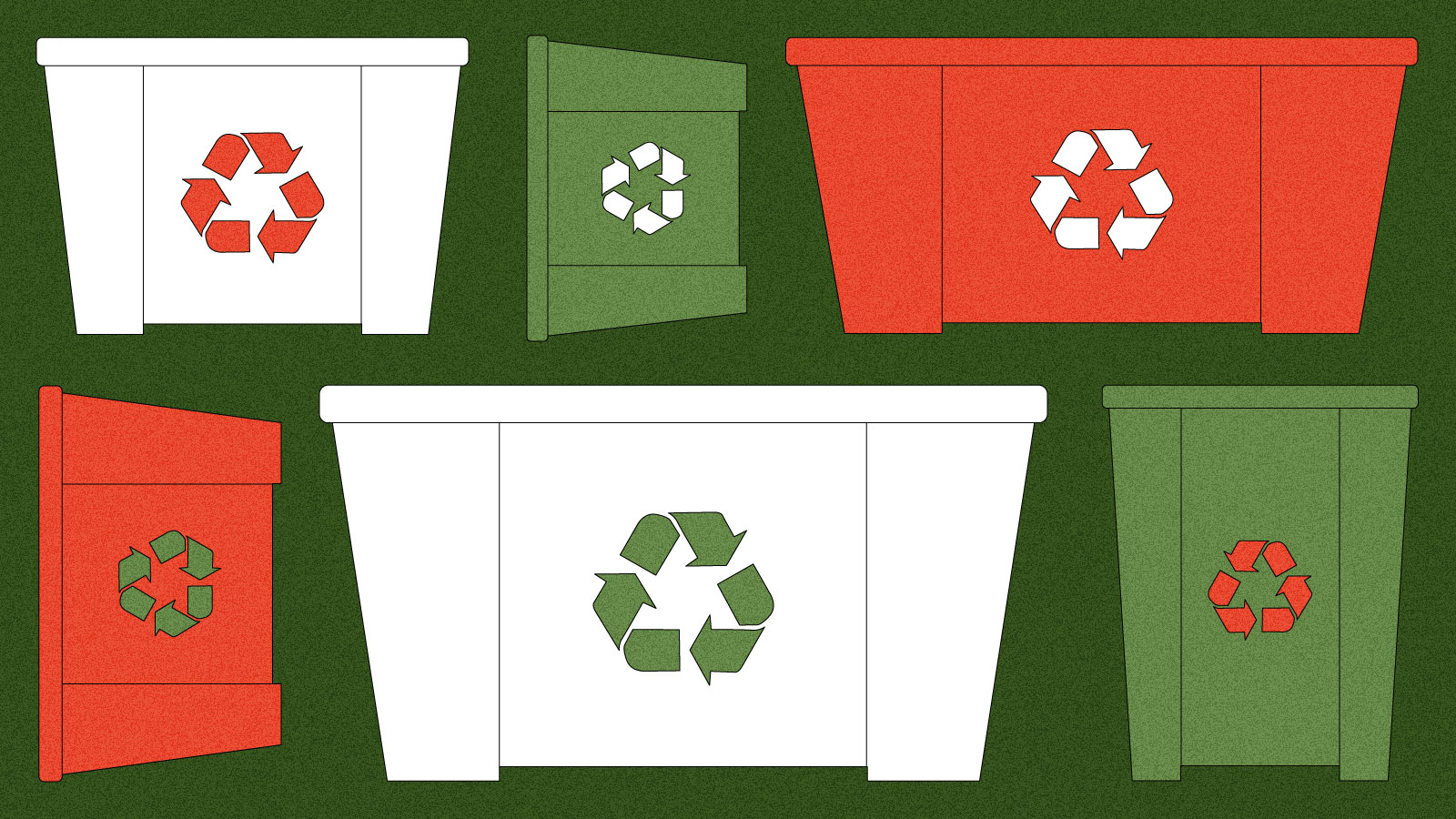

I will admit my two-for-one claim is at the very lowest end of estimates - possibly slightly lower than the lowest end estimate - for corn ethanol efficiency. Though it’s a snappy line and easier to remember than “1.6 gallons per gallon” or whatever.
But as the Wikipedia notes at https://en.wikipedia.org/wiki/Ethanol_fuel_energy_balance :
Depending on the ethanol study you read, net energy returns vary from .7-1.5 units of ethanol per unit of fossil fuel energy consumed.
Bluntly, there’s a lot of bad science around ethanol, for the obvious reason that both Big Ag and the US government are highly motivated to make corn subsidies look good and keep the money flowing.
But oil propaganda? Fucking lol. We need to phase out fossil fuels entirely. If anything, US ethanol production benefits oil companies - because ethanol is an additive to gasoline, Big Ag and Big Oil both benefit from keeping internal combustion engines on the road and slowing the transition to EVs.
So on the negative end: this 2005 study estimated corn ethanol consumed 29% more energy than it produced:
And though that study is old, and the Wikipedia page on ethanol energy balance goes out of its way to claim it’s been discredited (gosh, I wonder who added that content), here’s an article about a 2022 study finding similarly that corn based ethanol produces at least 24% more greenhouse gases than gasoline when all the impacts - including the expansion of farmland into previously undeveloped land, funded by ethanol subsidies - are taken into account:
https://grist.org/agriculture/despite-what-you-may-think-ethanol-isnt-dead-yet/
And then there’s all the other negative externalities of expanding fucking cornfields.










I think that both collective action (politics) and individual action are necessary. Both feed on each other in a positive spiral. Neither one is less important than the other. And arguments that dismiss either harm the cause as a whole.
For one, because every choice you make to support a cause or goal makes you more likely to continue supporting it. Action builds commitment. The more you think about the environment, the more actions you take because of the environment, the more dedicated you become and the more actions you take in future. Trying to live a environmentally sustainable lifestyle gives a lot of people the motivation to engage in collective action in support of that lifestyle.
For another, because when people live in an environmentally sustainable way, and are less likely to be personally harmed by environmental legislation, it makes it easier for them to vote for it. It’s a lot easier to vote for a gasoline tax if you don’t drive. Or for regulations on factory farms if you don’t eat meat. If you already replaced all your old light bulbs with LEDs, a government mandate on energy efficient light bulbs won’t affect you, and you can vote for it without worrying about how much it’ll cost you personally. In California, an attempt to phase out gas stoves was opposed by people who had gas stoves and liked them - if those people had been convinced to take individual action, and replace their old gas stoves with induction, they would have had no reason to oppose the phaseout.
Moreover, there’s the issue of credibility. When you live your values, and your friends and family and neighbors see you living your values, your words in support of those values gain greater weight. Politics is the art of persuasion. If you want to convince other people to support collective action, your individual actions matter, because they show you believe what you say.
And finally, and to me most importantly - we should take individual action to live more sustainably and less wastefully because it’s the morally right thing to do.
Yes, write your congressperson. And also, drive less, fly less, insulate your home properly, and eat more plants. And tell the people around you what you’re doing, and why you’re doing it.
Collective action and individual action are not separate. Like a previous generation said, the personal is political.